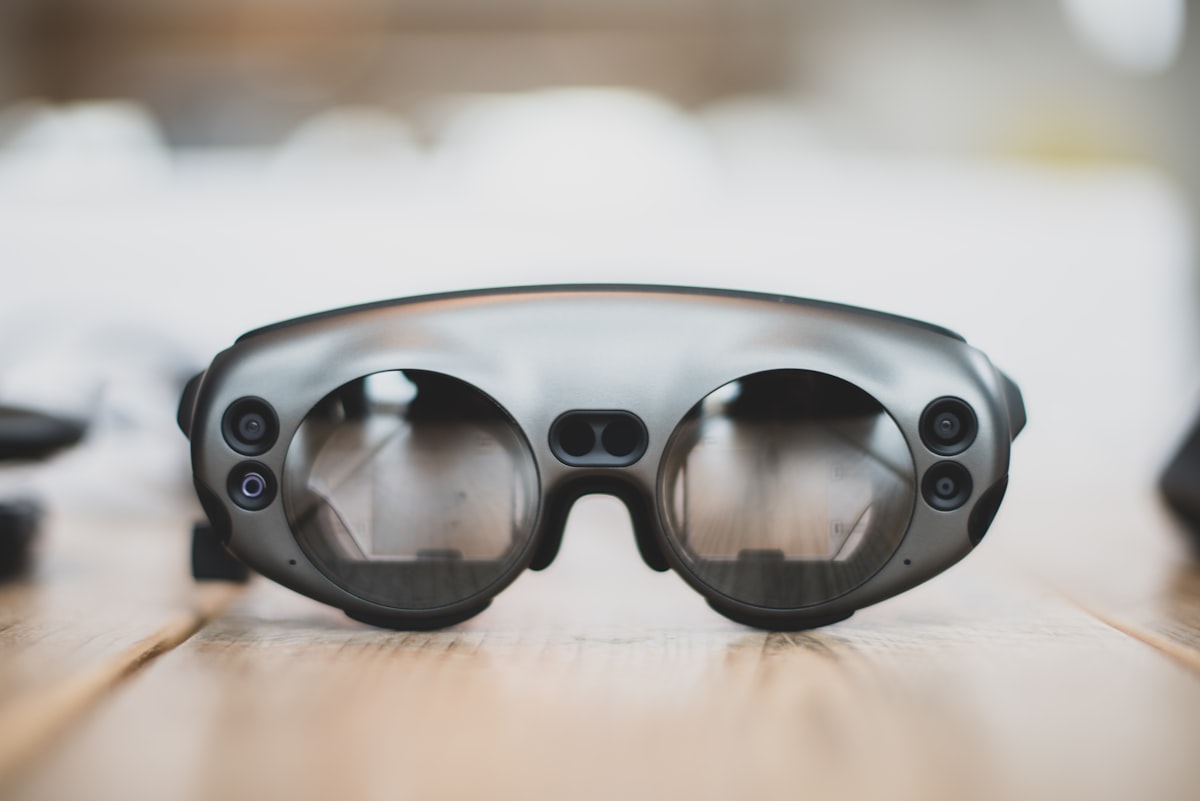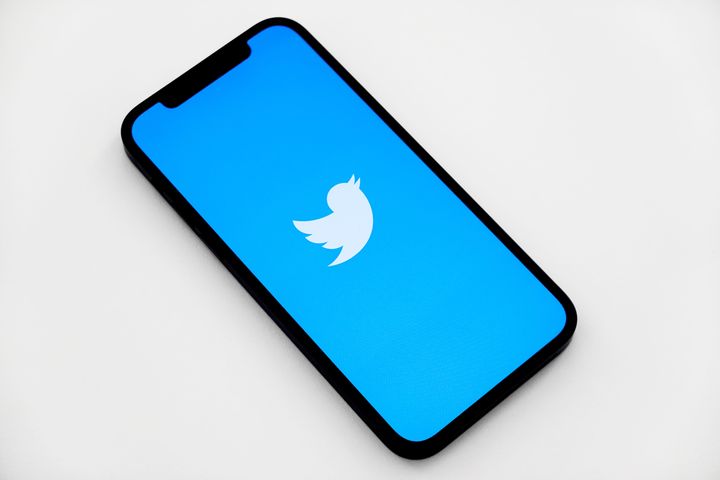Is Meta Backing Off Hardware Too Soon?
Meta's step back from hardware may be a misstep. In the emerging Metaverse era, physical presence and immersive hardware are integral to success.

Recently, Meta - the company behind Facebook, Instagram, and WhatsApp - announced a significant change in strategy. They will decrease their investments in smart wearables and portal devices.
This decision may seem surprising to many, considering their previous emphasis on hardware. So, one has to ask - is this a strategic rethink or a critical misstep?
Meta's Vision for the Future
Mark Zuckerberg, Meta's visionary leader, imagines a future that is fully digital. A world where we all interact and coexist in a realm known as the Metaverse. But what does this Metaverse entail?
Simply put, it's a virtual world that reflects our everyday experiences and realities. An ambitious concept that, if successful, could revolutionize our interaction with the digital realm.
The Power of User Base
Attempts to create a parallel digital world have historically failed to secure mass interest. However, Meta has a distinct advantage - a massive existing user base. With millions actively using Facebook, Instagram, and WhatsApp every day, Meta is uniquely positioned to make the Metaverse work.
It's a stark contrast to the situation companies like Second Life faced. By leveraging their user base, Meta could be the first to successfully create a comprehensive digital world.
The Importance of Hardware in Immersive Experiences
A seamless Metaverse experience requires top-notch hardware. This is why Meta's decision to decrease hardware investment seems counterintuitive. Despite its cost over the years, hardware remains a crucial component of a successful Metaverse.
If Meta scales back on hardware, it could diminish the immersive experience, a key aspect of the Metaverse. This potential reduction in quality could undermine Meta's entire vision.
Meta's Potential Misstep
There is speculation that Meta is banking heavily on virtual reality glasses. While these could be a part of the solution, they are not the whole answer. The Metaverse is likely to require a range of hardware solutions.
Meta's hardware decision could prevent them from developing or adopting these new hardware forms. Are they risking being left behind in the race to the Metaverse?
The Need for Physical Presence
The key to successful technology adoption often lies in becoming part of people's homes and lives. In other words, having a physical presence. Presently, Meta lacks this level of access.
Could this be a potential weakness in their strategy? Without this, they may find the path to Metaverse adoption steeper than anticipated.
The Risk of Alienation
Relying heavily on tech titans like Samsung, Google, and Apple is risky. We've already seen how changes such as the rollout of iOS 15 can impact Meta’s platforms. With data access being limited, Meta’s revenue from advertising could take a hit.
If these tech giants choose to exclude Meta from their future plans, it could deal a significant blow to Meta's ambitions.
The Missed Opportunity: Portal
I believe the Portal video conferencing device was a missed opportunity for Meta. It had the potential to be a game-changer with its superior video quality and innovative features. However, it never made it to the mainstream.
Why? Poor marketing, limited product availability, and a lack of integration with other platforms were its downfall. An opportunity wasted, in my opinion.
The Apple Conundrum
In the up coming Apple reveal, June 5 2023, it's speculated we'll witness a grand entry into the gaming industry, with their new virtual reality headset. All signs point to a device that is quintessentially Apple in design and usability. It’s exciting to see what kind of impact they will make in the VR space.
However, I have my reservations. As innovative as this product may be, I find it hard to picture a future where we're all donning these bulky headsets for daily interaction. It feels like we're moving into an era of more natural and seamless interfaces, and this doesn't quite align with that vision.
Remember Google Glass? It promised a future of augmented reality, overlaying digital information into our natural field of vision. But the execution was lacking, and the product didn't quite hit the mark. It was a novel idea, but the form and function just weren't ready for mainstream use.
Will Apple's VR headset meet the same fate? Time will tell. But one thing is clear — the tech industry will continue to innovate, continue to push boundaries, and continue to shape our future, for better or worse.


